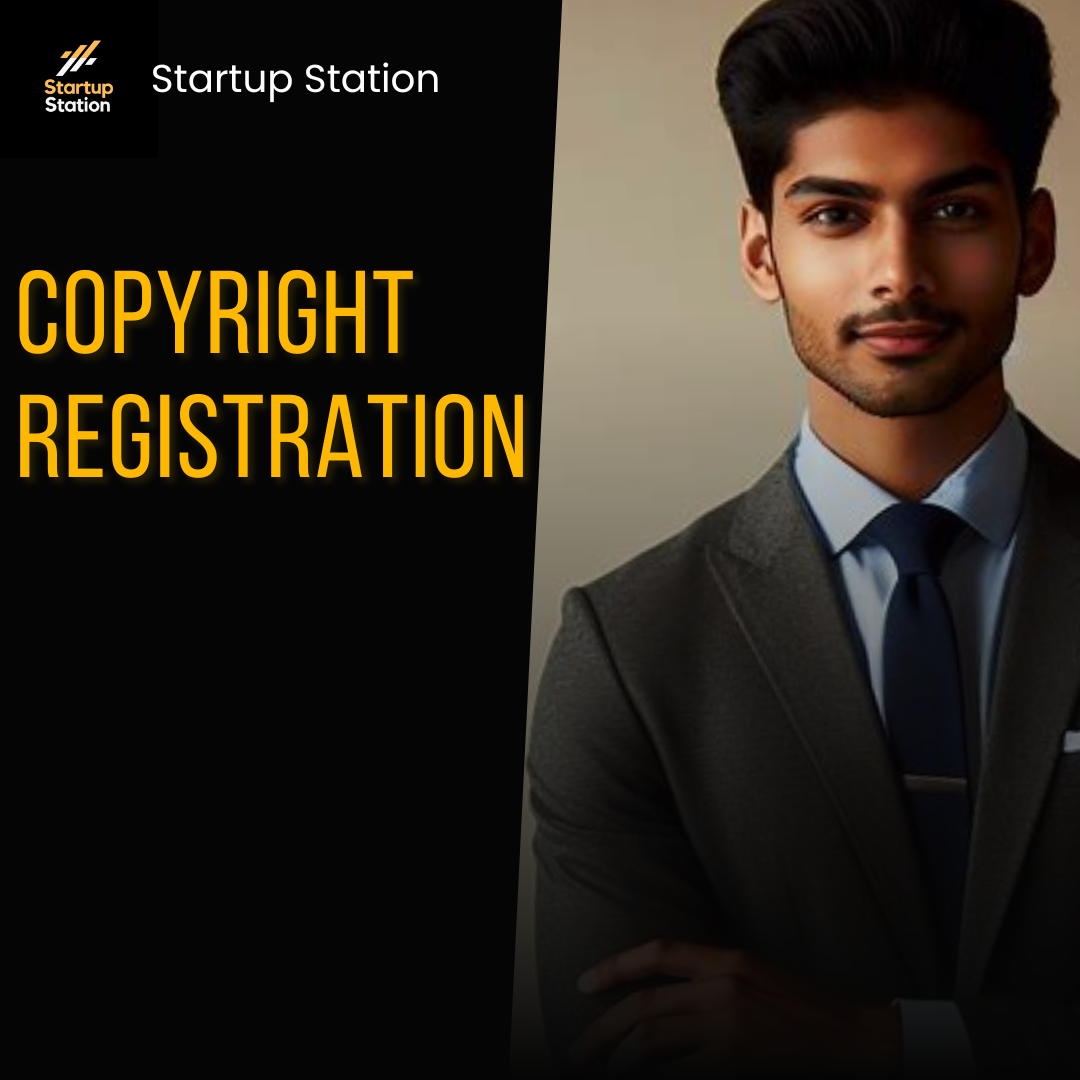I. Introduction: Understanding Copyright and Its Significance
In today's digital age, protecting intellectual property is paramount for creators and innovators. Copyright stands as a cornerstone in safeguarding the fruits of their labor, offering exclusive rights over their creations. In this guide, we'll delve into the nuances of copyright law, the process of registration, and the benefits it entails.
II. What Is Copyright?
1. Defining Copyright Law
Copyright is a legal provision that grants creators exclusive rights over their intellectual property. It encompasses the right to reproduce, distribute, and display creative works, providing a shield against unauthorized use or replication.
2. The Scope of Copyright
Copyright protection extends to various forms of creative expression, including literary works, music, artistic creations, cinematography, sound recordings, and software.
III. Understanding Copyright Law in India
1. The Copyright Act, 1957
The Copyright Act of 1957 serves as the legal framework governing intellectual property rights in India. It has undergone revisions to adapt to the evolving landscape of creative endeavors and technological advancements.
IV. The Benefits of Copyright Registration
1. Empowering Creators
Registering a copyright amplifies the creator's authority over their work, facilitating better control over its distribution, reproduction, and adaptation.
2. Legal Recognition and Protection
Registration establishes a legal claim to the work, fortifying it against infringement and providing recourse in case of disputes.
3. International Recognition
Copyright registration in India often extends protection to other countries through international agreements, bolstering the creator's rights on a global scale.
V. Why Register Your Work?
1. Securing Legal Rights
While copyright protection exists automatically upon creation, registration solidifies these rights, making enforcement easier in legal proceedings.
2. Enhancing Credibility
A registered copyright lends credibility to the creator's work, instilling confidence in potential investors, collaborators, and consumers.
3. Accessing Legal Remedies
Infringement of a registered copyright entitles the owner to statutory damages and attorney's fees, offering a potent deterrent against unauthorized use.
VI. The Copyright Registration Process
1. Preparing Your Application
i. Documenting Your Work
Compile all necessary materials, ensuring they meet the format and size requirements specified for different types of creations.
ii. Filing Your Application
Submit the application along with the requisite fee, adhering to the prescribed format and providing accurate details about the work.
VII. Application Review and Processing
1. Diary Number Assignment
Upon receipt of the application, the registrar assigns a diary number, initiating the registration process.
2. Scrutiny and Objection Handling
The application undergoes scrutiny, and any objections raised are addressed through hearings and resolution procedures.
3. Issuance of Copyright Certificate
Upon successful completion of the process, the copyright registration certificate is issued, affirming the creator's legal rights over the work.
VIII. How Startup Station Can Help
1. Expert Guidance and Support
At Startup Station, we specialize in simplifying the copyright registration process. Our team of experts offers personalized assistance at every step, ensuring a smooth and hassle-free experience.
2. Comprehensive Services
From documentation and application filing to handling objections and obtaining the final certificate, we provide end-to-end support to creators and innovators.
3. Get Started Today!
Ready to protect your creative endeavors? Let Startup Station be your guide on the journey to securing your intellectual property rights. Get started with our expert-led copyright registration services today!
4. Conclusion
Copyright registration is a crucial step in protecting the rights of creators and innovators. By understanding the process and leveraging the expertise of organizations like Startup Station, individuals can navigate the complexities of intellectual property law with confidence and ease.
FAQs (Frequently Asked Questions)
Is copyright registration mandatory?
No, copyright registration is not mandatory, but it offers significant advantages, including legal recognition and enhanced protection of rights.
How long does copyright protection last?
Copyright protection typically lasts for the duration of the creator's life plus an additional 60 years after their demise.
Can I register multiple works under a single application?
No, each work requires a separate application for copyright registration.
What happens if someone infringes my copyrighted work?
In case of infringement, copyright owners can pursue legal action, seeking damages and injunctions against the infringing party.
Is copyright registration valid internationally?
While copyright registration in India offers protection domestically, international recognition depends on reciprocal agreements between countries.
Can I copyright ideas or concepts, or does it only apply to tangible creations?
Copyright law protects tangible expressions of ideas rather than the ideas themselves. However, if your idea is embodied in a tangible form, such as a book, song, or artwork, it may be eligible for copyright protection.
What rights does copyright ownership confer?
As a copyright owner, you have the exclusive rights to reproduce, distribute, perform, display, and create derivative works based on your original creation. These rights allow you to control how your work is used and monetized.
Can I copyright my website or blog content?
Yes, original content published on websites or blogs, including text, images, and multimedia, is eligible for copyright protection. It's advisable to include a copyright notice on your website to inform visitors of your ownership rights.
Is copyright registration necessary for international protection?
While copyright protection is automatic upon creation in many countries, registering your copyright with the relevant authorities can provide additional evidence of ownership and facilitate enforcement actions in foreign jurisdictions.
What constitutes fair use of copyrighted material?
Fair use allows limited use of copyrighted material without permission for purposes such as criticism, commentary, news reporting, teaching, scholarship, or research. Factors considered in determining fair use include the purpose and character of the use, the nature of the copyrighted work, the amount used, and the effect on the market for the original work.
